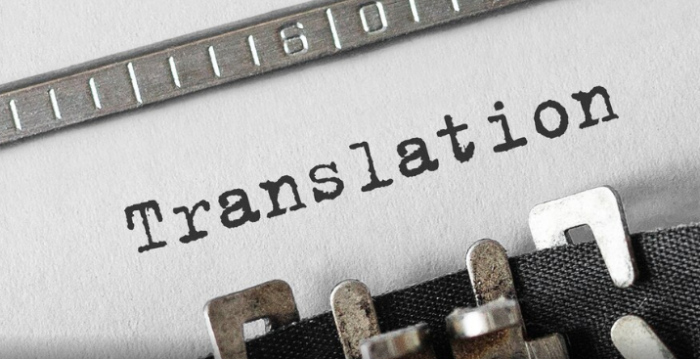Businesses are no longer limited by geography. Expanding companies need to be clear in their communication to vast audiences, making sure they reach the target audience while complying with the law. To achieve this, companies now require marketing translation and legal translation. Both are important to successfully expand internationally, but for different reasons and with unique obstacles.
Whether you’re launching an international ad campaign or drafting cross-border contracts, partnering with a legal and marketing translation agency can make or break your global endeavors. Let’s dive into the nuances of these two specialized translation fields to better understand their significance.
The Nature of Marketing Translation
Marketing translation means changing the promotional materials of advertisements, social media campaigns, brochures, and websites according to the targeted audience. It is not a word-to-word translation but needs cultural sensitivity, creativity, and knowledge about the audience's preference.

Key Challenges in Marketing Translation
Cultural Adaptation
Generally speaking, marketing messages are full of idioms, humor, and cultural references. Therefore, a good translation should evoke the same feelings and reactions as the source message. For instance, an English tagline that would work might mean nothing, or even worse, it may even offend, when translated into another language.
Brand Voice Consistency
A good translator will ensure that their translation reflects the brand voice and tone. For instance, if the brand happens to be Skittles, a playful brand, they need a very different kind of approach than Chanel.
SEO and localized keywords
In the digital age, marketing translation also entails optimization for search engines in the target market. A translator should find localized keywords that will drive traffic without diluting the message. It is better to hire a professional marketing translation agency that can deliver effective translations.
The Precision of Legal Translation
Legal translation, on the other hand, focuses on translating contracts, patents, court documents, and regulatory filings. This type of translation prioritizes accuracy, clarity, and adherence to legal standards. And for accurate results, you need to hire a professional legal translation company.
Key Challenges in Legal Translation
Terminological Exactness
There is abundant use of precise jargon and terminology in legal texts. A good translator needs to have detailed knowledge of legal systems of the source as well as target language.

For instance, translating an NDA from English into German, "confidential information" would mean "vertrauliche Informationen," so no vagueness.
Compliance with Laws
Each country is bound by its legal system. Legal translation companies must ensure their translated documents meet the regulations of the target jurisdiction.
Zero Tolerance for Error
A single mistranslation can be disastrous, thus rendering a contract void or raising a legal dispute. For example, the 1977 Treaty of Waitangi mistranslation in New Zealand. The translation between English and Māori had significant discrepancies with the treaty. As can be noted, the Maori word "kawanatanga" was an equivalent for "sovereignty", but it included a connotation of "governorship". Whereas a Māori version "promised tino rangatiratanga" over his own land and treasures. The English word was considered to imply the Crown retaining its sovereignty.
These translation disagreements resulted in long-standing battles over lands and governance contributing to present-day legal dilemmas.
Comparing the Two: Creativity vs. Precision
| Aspect | Marketing Translation | Legal Translation |
| Objective | Engage and persuade the target audience. | Ensure legal accuracy and compliance. |
| Style | Creative and emotionally appealing. | Formal and precise. |
| Key Skills Needed | Cultural awareness, copywriting, SEO expertise. | Legal knowledge, attention to detail, bilingual expertise. |
| Consequences of Errors | Loss of brand reputation or cultural missteps. | Legal disputes, financial losses, or compliance issues. |
Why Specialized Expertise Matters
While some might assume that a single translator could handle both types of tasks, the truth is that marketing and legal translation demand entirely different skill sets. Collaborating with a marketing translation service ensures that your brand’s voice resonates in every market. While a legal translation company guarantees that your legal documentation holds up under scrutiny.
Example of Dual Importance:
Consider a global pharmaceutical company launching a new product in Japan. They need marketing materials to appeal to Japanese consumers and legal documents to meet Japan’s strict regulatory standards. The marketing team might craft creative campaigns emphasizing the product’s benefits, while the legal team ensures compliance with local healthcare laws. Any misstep in either domain could lead to brand damage or regulatory fines.
Conclusion
In a world where words can bridge or break opportunities, understanding the distinct roles of marketing and legal translation is vital. Businesses aiming for global success should prioritize working with experts. By recognizing and addressing the unique challenges of each, companies can confidently navigate the complexities of international markets, building both trust and success.











Comments